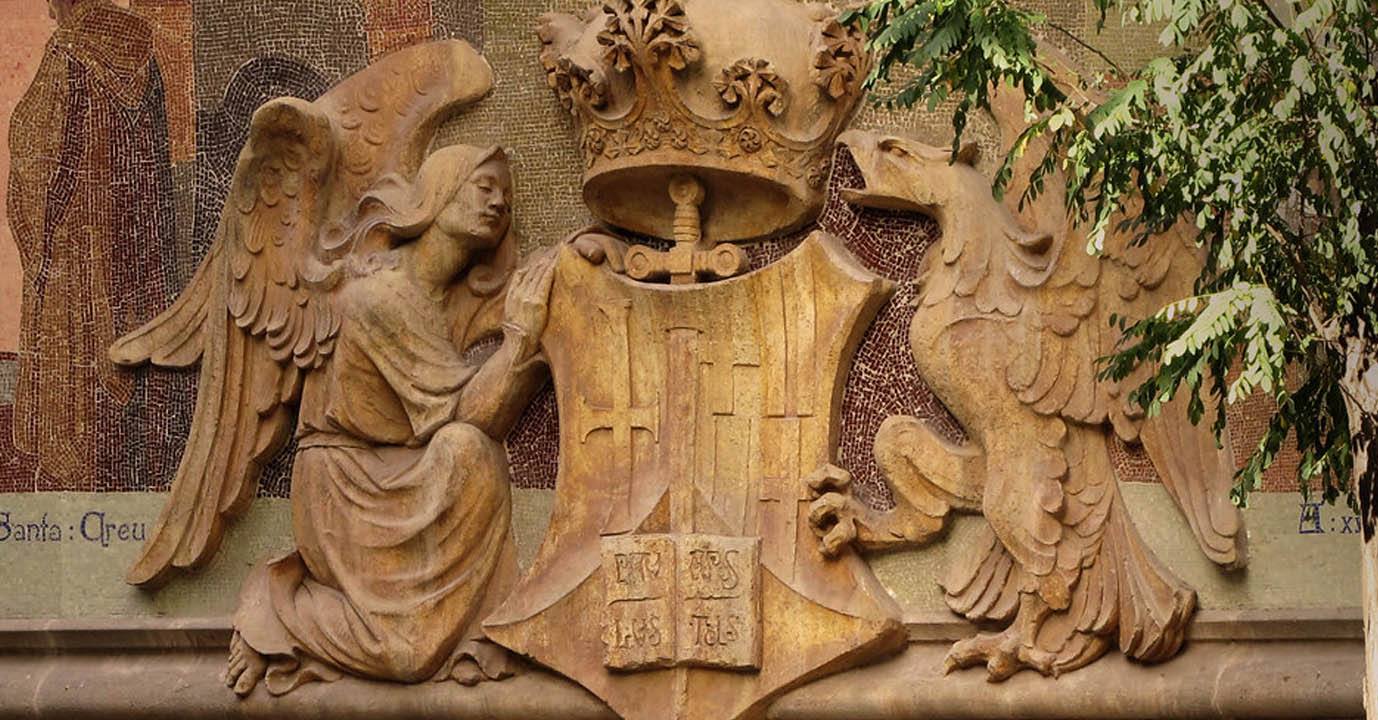National legislative protection of the Spanish Historical Heritage

In the previous article on the looting of the Spanish Historical Heritage, from now on PHE, we have determined what this concept is from the legal point of view and, for a better understanding, reflected on particular cases in Spain.
Now we are going to study what actions can be considered plundering of the PHE and what legal consequences it has for the authors of it.
Looting situations have a manifestation both in the civil sphere of the private rights of individuals, and in the public sphere where the Administration must ensure the conservation of the PHE and sanction attacks against it (article 46 of the Spanish Constitution).
Civil Illegal
Here we would find three assumptions.
- Ownership. The right to property is regulated in article 348 of the Civil Code: “property is the right to enjoy and dispose of a thing, with no limitations other than those established by law”. Any disturbance against that right to enjoy the property of which one is the owner can be considered plunder. Just as it would also be looting the improper occupation of a PHE property or the discovery of assets belonging to it on land owned by it without the distribution established in art. 351 of the Civil Code (partition in half with the discoverer).
- Possession. Possession is defined in art. 430 of the Civil Code as “the possession of a thing or the enjoyment of a right by a person”. The dispossession of a PHE asset due to destruction or total loss of the object (art. 460.3º of the Civil Code) must be understood as plunder.
- The exercise of a right in good faith. The art. 7 of the Civil Code establishes that “rights must be exercised in accordance with the requirements of good faith”, taking into account that “the law does not protect the abuse of rights or antisocial exercise of it”. As we saw in the article referring to the BIC (here), the owner of the same has a series of limitations in its exercise, acquiring obligations with respect to the adequate conservation, maintenance and custody of the property (art. 36.1 Spanish Historical Heritage Law , LPHE) and assuming its availability for public visits for a specific period of the year (art. 13.2 LPHE). Therefore, failure to comply with these obligations by the owner or holder of the BIC could be considered as plunder.
Criminal Offenses
The Penal Code includes a series of crimes that can be considered within the concept of plunder of the PHE. Let’s see them.
- The robbery. Regulated in art. 237 of the Penal Code (CP). This is the crime that we can most identify with plunder. The public persecution of the theft of a PHE property is based on the subtraction of a cultural value from society, beyond what it supposes to the owner. In addition, theft can pose a danger for the permanent loss of the stolen property (as is the case of Vermeer’s “The Concert”, stolen in 1990 and never recovered. It is the most valuable stolen work of art pending recovery, valued at 152 million euros) or a danger to the physical integrity of the stolen property (it is common for the discovered thief to try to get rid of the stolen material to make it more difficult to be charged criminally).
- Theft. Regulated in art. 234 CP and whose penalty is aggravated in art. 235.1 CP (“when things of artistic, historical, cultural or scientific value are removed”). Although it lacks the use of force or violence characteristic of robbery, the theft of PHE property can and should be considered as plunder.
- The scam. The use of bad faith in commercial transactions of PHE works can have a civil consequence (annulment of the contract due to lack of consent) or even criminal fraud regulated in art. 248 CP. The assumption of plunder by fraud would be to maliciously convince an owner of a PHE asset that, in reality, it is a copy and not an original in order to obtain a significant price reduction.
- Misappropriation. Art. 252 CP also aggravated in the case of occurring on “goods of cultural, historical or scientific value”.
- The reception. The art. 298 CP defines the crime that is also closely associated with plunder. It is the smuggling of art objects by someone who, without having stolen them, knows their illegal origin and collaborates in marketing and concealing the fact from the authorities. In the Spanish legal system, not only the Criminal Code persecutes this crime, but also the Organic Law 12/1995, on the repression of smuggling. In it, the criminal actions, the civil responsibility of the perpetrators, the penalty and the graduation of the administrative sanctions are specified in full detail.
- Special crimes. Finally, indicate that the Penal Code includes a series of crimes that are specific against the PHE. These would be the crimes that involve destruction of historical heritage by demolition (art. 321 CP), prevarication of officials or Administration personnel (art. 322 CP) and causation of damage to any type of cultural property (art. 323 CP). As all these crimes suppose the existence of destruction or damage to assets belonging to the PHE, they can all be considered within the concept of plunder.
In conclusion, we can affirm that the Spanish regulatory body is prepared for the guarantee of conservation of the PHE and, in case of any action that is considered as a plunder of it, there are means sufficient legal grounds for them to be prosecuted and punished.
[fusion_highlight color=”rgba(0,144,142,0.3)” rounded=”no” class=”” id=””]You may be interested in: “Assets of cultural interest. Objective limitations on property rights ” – “Goods included in the general inventory of Historical Heritage Spanish“



















